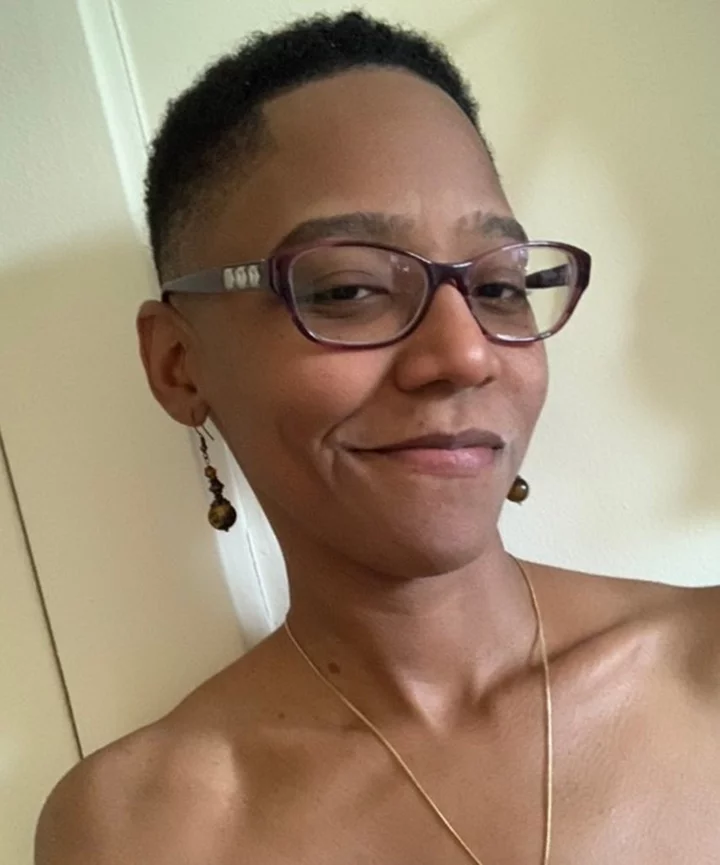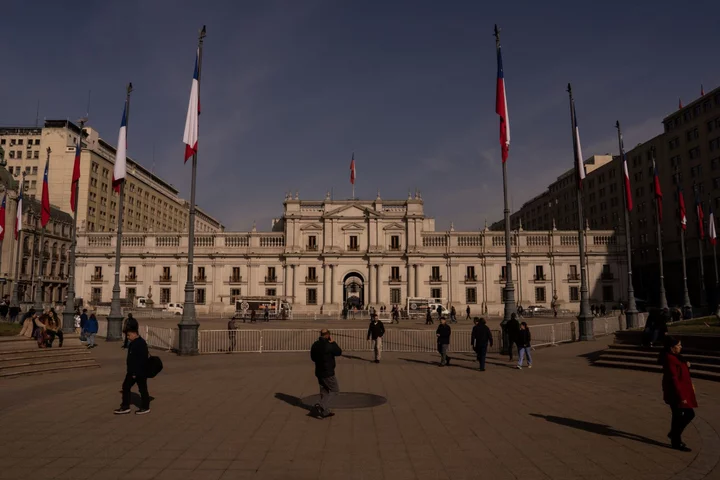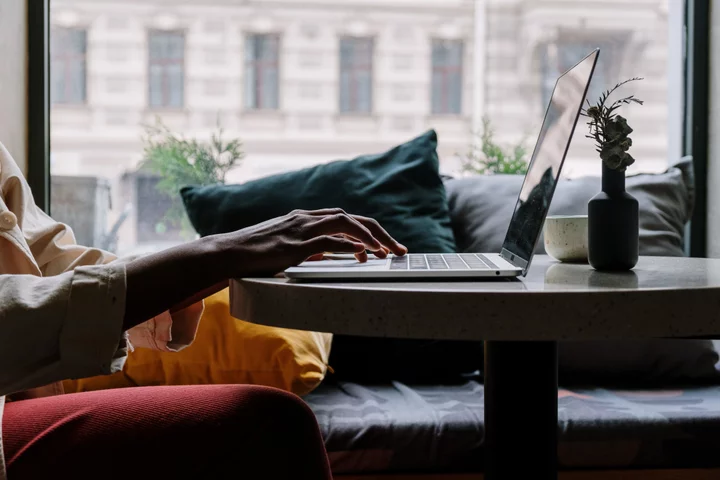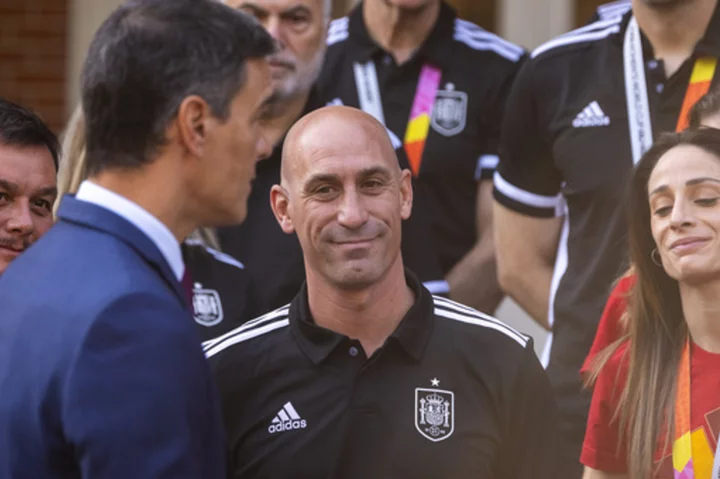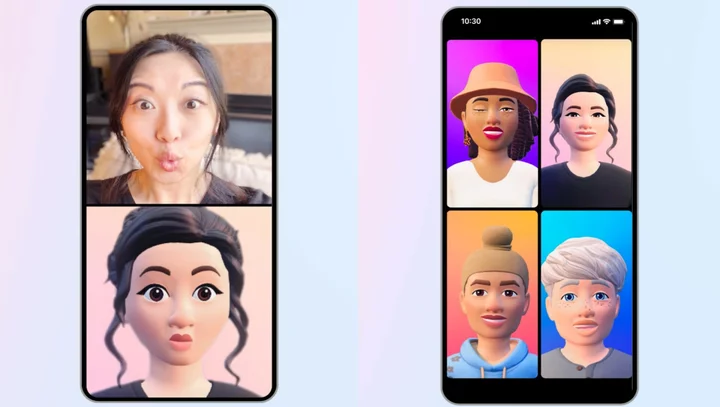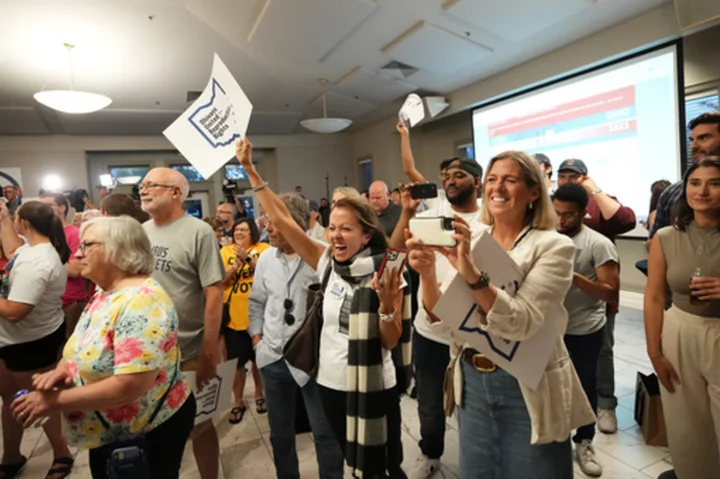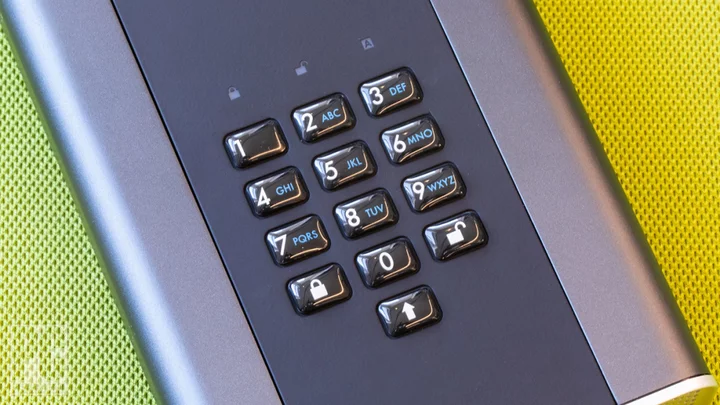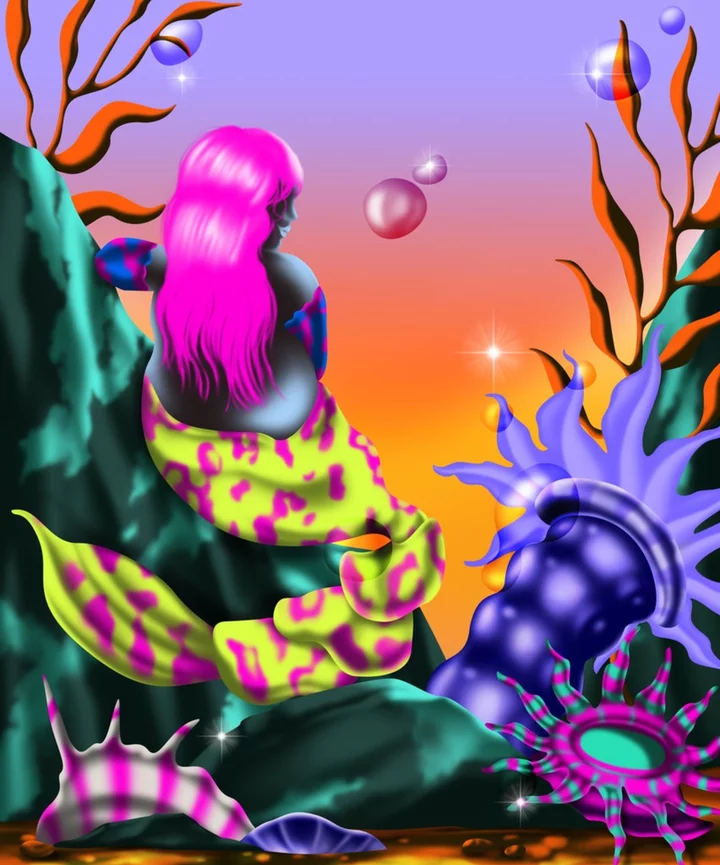When Black and brown folks of the U.S., Caribbean, and Latin America reclaim Indigenous spiritual practices, it can open them up to inner liberation. However, as the movement to decolonize one’s mindset, diet, habits, and more has increased in the last few years, there is still confusion about what this concept truly entails.
“I feel like sometimes people use that word [and] don’t really know what it means,” midwife Carmen Mojica tells Refinery29 Somos. “For me to decolonize birth, work, or decolonize anything, it has to be a combination of two things: a remembrance and reclaiming of what has been lost and a divestment from the current system with a commitment to abolish that which is harmful.”
Very often, the term “decolonize” becomes watered-down in a way that takes away from its true power of not only undoing the effects of colonialism but also remembering and reclaiming what was stolen. In conjunction, these two elements can help you carve out a path that connects you to your ancestors and their beliefs — and in that way reconnect you with yourself, your worth and your purpose. This is because true decolonization can only stem from honoring our ancestors’ traditions and cosmovision, such as embracing that the magic they practiced is real and that we can be in touch with a source of power that is uniquely ours. By tapping into their worldview, we can move through life with a deeper intention while toppling internalized isms, stigma, and institutional oppression and gain a better understanding of Black and Indigenous practices.
“[Decolonization helps] us break free from the vicious cycles of harmful and toxic spiritual practices and beliefs,” says Juliet Diaz, author and spiritual activist. “When we can finally decolonize our spiritual beliefs and lives, we can liberate ourselves from the oppressor within.”
To get a clearer idea of what it takes to shift your mentality and live a decolonized life within today’s capitalist framework, Somos talked with four women and magic practitioners — all of whom identify as brujas — doing just that. Learn more about why they believe reclaiming Black and brown spirituality is inherently decolonial and how they look inward to uphold ancestral practices.
I’m a first-generation Dominican, born and raised in the Bronx. My parents were very Catholic, but the medicinal practices that my mother, my aunts, and my grandmother had influenced me. However, there wasn’t a sense of pride behind it. My mother did it more out of, “I’m keeping my children safe and healthy.” She was just invested in our well-being.
As I got older, my mental health actually deteriorated, as did my relationship with Catholicism. That’s when I started to see that I was not getting answers for the things that plagued me as a teenager. Like in youth group, I couldn’t ask the questions I had as a 17-year-old girl. And then my family moved to Albany, and my mental health issues deepened. I felt forsaken by God.
In college, I felt free to dabble in the things I was interested in medicinally and spiritually. I ended up a Black Studies major. I had not been taught to be proud of being Black, to embrace myself as a Black woman. Cutting my hair off and loving myself opened me up to love myself for everything that came with my ancestors, too.
“To be decolonial is to dream, to imagine, and to be generative.”
Carmen MojicaAdditionally, being a midwife reconnected me to ancestral Dominican practices. I feel I was supposed to learn how to become a midwife as closely to the way that our ancestors did as possible. Before I became a midwife, I was interested in herbs and natural healing. You can’t be spiritual if you’re not connecting with nature, if you don’t have your hands in the dirt. That’s why I feel like cities — when it comes to us as diasporic people — really cut us off from our spirituality.
To decolonize means to return and respect the earth and see yourself as part of it. It’s about having a commitment to abolish that which is violent and does not respect the earth.
Folks think it means to get rid of the patriarchy and racism. That’s too abstract. What was the original purpose of those things? To create separation. So if you switch the race of the person leading something, it doesn’t mean that you decolonized it, especially if they still perpetuate violent language and treat people violently.
To be decolonial is to dream, to imagine, and to be generative.
I am an Indigenous Taíno Cubana from a long line of brujx, medicine people, and seers. I grew up in the barrio in project housing in Hudson County, New Jersey. My hood was a cauldron filled with different cultures and spiritual practices. On almost every block, you would find a bodega and a botánica. I was exposed to a colorful array of magic, spirituality, and rich cultures.
Spirituality was and still is a way of life for us; growing up living with and around people who venerated ancestors, communed with the spirits, honored the season and the ancestral ways has embedded the importance of our roots, identities, and cultures into the very core of who I am.
Spirituality has been part of my life and who I am since birth. It is a lifestyle. I am lucky enough to be first generation, where my parents — immigrants from Cuba — still retained their culture, practices, beliefs, and ways of living. My mother was pregnant with me when she came to the U.S. on the Mariel. I grew up watching my mother living by the old ways, the ancestral ways. My father and his side of the family are Afro-Caribbean, so I, from a very young age, came up through ancestral Indigenous Taíno and Afro-Caribbean practices and beliefs. I am both the daughter of Yemanya and Atabey.
“Decolonizing is the resounding plea of our ancestors to reclaim what was taken and to rise as a community.”
Juliet DiazI decolonize spirituality, magic, and wellness as a spiritual activist. That work spills into my publishing press as a literary activist, where I focus on amplifying diverse voices in these spaces. I push back on the toxic and delusional “light and love only” or “good vibes only” practices and beliefs that have caused harm, especially to the Latine, Black, brown, Indigenous, and people of color communities.
Decolonizing is a revolutionary act — one that is rooted in self-activism, resistance, reclamation, resilience, and liberation. Our cultures, beliefs, and practices have been taken from us, repackaged, whitewashed, and capitalized on. Decolonizing is the medicine to healing deep trauma, making us whole, stronger wiser, and setting us on a path of transcendent activism, which helps us collectively wake up to our truths and remember who we truly are.
Decolonizing is the resounding plea of our ancestors to reclaim what was taken and to rise as a community.
I was between 6 and 8 when I had my first introduction to any kind of religion. It was a Pentecostal Christian church — a very fiery, passionate, energetic Black church in Upstate New York.
Although my mother is very much into the church, she loves anything witchy. That marked the beginning of my spiritual understanding. As a teen, after we relocated from Upstate New York to Greensboro, North Carolina, I walked into my first witch shop and met my first witch: Tavane Taylor, who owns Eclectic by Nature. I asked her, “Can you give me spells?” She said, “Make your own spells.” That’s how I knew I could make my own shit.
I then went to a local HBCU in North Carolina, where I joined a small group of Black kids who would meet weekly in the basement of the library. We talked about kemetic sciences, tantric sex, magic, universal or cosmic laws, healing, our diet — everything that I use to this day.
“Decolonization is taking yourself back and uncovering yourself, your identity, your pride, your history, your stories, and knowledge of self.”
Paris Jewel MarionIn contrast, one day at church, the pastor was talking about how children are born into sin and iniquity, and it’s unnatural to forgive. My body started shaking, so I left the sanctuary. I refused to go back to church after that.
After meditating, a new idea started to develop: Why would I, as a young Black girl, worship an old white man God? He’s the opposite of me. I decided to find a deity that reflected me or to make one.
Decolonization means we get to go back and reclaim the parts of us that have been hijacked. Those things have not been destroyed or permanently lost. Our genius, our knack for building and planting and creating have been repurposed for somebody else, somebody else’s wealth, somebody else’s agenda. You still have the creativity. You still have that spirit. You still have that unique style. You still have that Black-ass swag. But you have to reclaim it. So decolonization is taking yourself back and uncovering yourself, your identity, your pride, your history, your stories, and knowledge of self.
They tried to strip you down to nothing, your raw bones. They tried to convince you that your history began when they found you. So to get free of that, remember: I’ve been here, OK?
I was born into a typical Mexican family that practices Catholicism. I was fortunate to also encounter a lot of natural healing curanderismo. The brujas in my family do different types of spells and work on people that maybe the curandero won’t because they’re focused on healing only. I fall within all these labels.
It’s been a very fortunate kind of upbringing because I was surrounded by the supernatural my whole life. The spirit world always resonated with me, and I was super psychic and connected since childhood. My family encouraged it; no one found it weird.
I think it’s important that people start with Indigenous knowledge. Then, they can incorporate anything that comes outside of that afterward. I really do think that things — power, specifically — have a way of coming back for a reason because there are gods we’re dealing with.
And that’s decolonization to me because at the end of the day, everyone is colonized. If you went to a public school in the U.S., you are super colonized. Your history got taught to you wrong. And until you start replacing everything that’s in your head about witchcraft, about history, about colonization, until you do your own research, find your own roots, and dive in, you’re really not going to be practicing, in my opinion, in a decolonized way.
“Until you start replacing everything that’s in your head about witchcraft, about history, about colonization, until you do your own research, find your own roots, and dive in, you’re really not going to be practicing, in my opinion, in a decolonized way.”
Lesly Valeria Ruelas MataI think it’s really important for people to read because a lot of history is written down. In school, they don’t teach it to you, but that doesn’t mean people haven’t written it down or researched it. I dug really deep to find the history of brujería that hasn’t been told for my book, The Mexican Witch — for example, with regards to the African-American community in the U.S. The United States has never just been the United States. Before borders were established, we were connecting without borders because we didn’t have them — so the fact is that a lot of what we’re using and doing in brujería, it comes from African-American traditions, and Indigenous tradition, and Afro-Indigenous tradition.
You also have to stop supporting colonial institutions. And as much as the church is one of those, you can find a balance. You’re going to have to break some of those ideas that you had from the church and, to a certain degree, go against them.
The most important thing is recognizing that all of this comes from our Afro-Indigenous and Indigenous ancestors. And there’s no way of getting around that.
Interviews have been edited for clarity and brevity.

